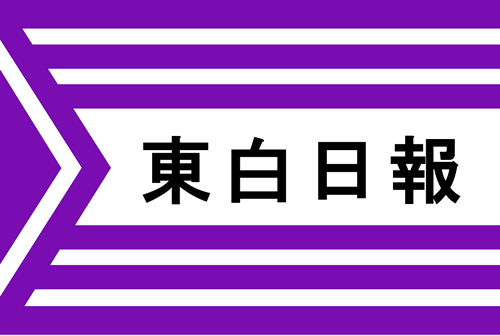Doj Non Prosecution Agreement Swiss Banks
2022年2月11日
In recent years, the Department of Justice (DOJ) has been cracking down on Swiss banks that have been aiding tax evasion by American citizens. The DOJ’s efforts have resulted in numerous non-prosecution agreements with these banks, which have been required to pay hefty fines and disclose information about their American clients. Here’s what you need to know about the DOJ’s non-prosecution agreements with Swiss banks.
What is a non-prosecution agreement?
A non-prosecution agreement (NPA) is a legal agreement between the DOJ and a company or individual, in which the DOJ agrees not to prosecute the company or individual for certain specified crimes. In exchange, the company or individual usually agrees to cooperate with the DOJ’s investigation, pay a fine or restitution, and take other measures to comply with the law.
What Swiss banks have entered into NPAs with the DOJ?
Since 2013, the DOJ has entered into NPAs with numerous Swiss banks, including Credit Suisse, UBS, Julius Baer, and HSBC Private Bank. These banks were found to have facilitated tax evasion by American citizens, by hiding their assets in Swiss bank accounts. As part of the NPAs, the banks were required to pay millions or even billions of dollars in fines, and disclose information about their American clients to the DOJ.
What are the implications of these NPAs?
The NPAs with Swiss banks have had far-reaching implications for both the banks themselves and their American clients. For the banks, the fines and penalties involved have been substantial, and many have had to make significant changes to their operations in order to comply with the law. For their American clients, the NPAs have meant that their hidden assets have been exposed, and they may face legal consequences or tax liabilities as a result.
What does this mean for future NPAs with other companies?
The DOJ’s NPAs with Swiss banks have set a precedent for future agreements with other companies and individuals. They signal that the DOJ is serious about cracking down on white-collar crime, and that companies and individuals who violate the law will not be able to escape the consequences. As such, it’s likely that we’ll see more NPAs in the future, particularly in cases involving financial crimes.
In conclusion, the DOJ’s non-prosecution agreements with Swiss banks have been a significant development in the fight against tax evasion and white-collar crime. They have resulted in major fines and penalties for the banks involved, as well as legal consequences for their American clients. As the DOJ continues to pursue similar cases, it’s clear that the message to those who would seek to evade the law is clear: there will be consequences.

